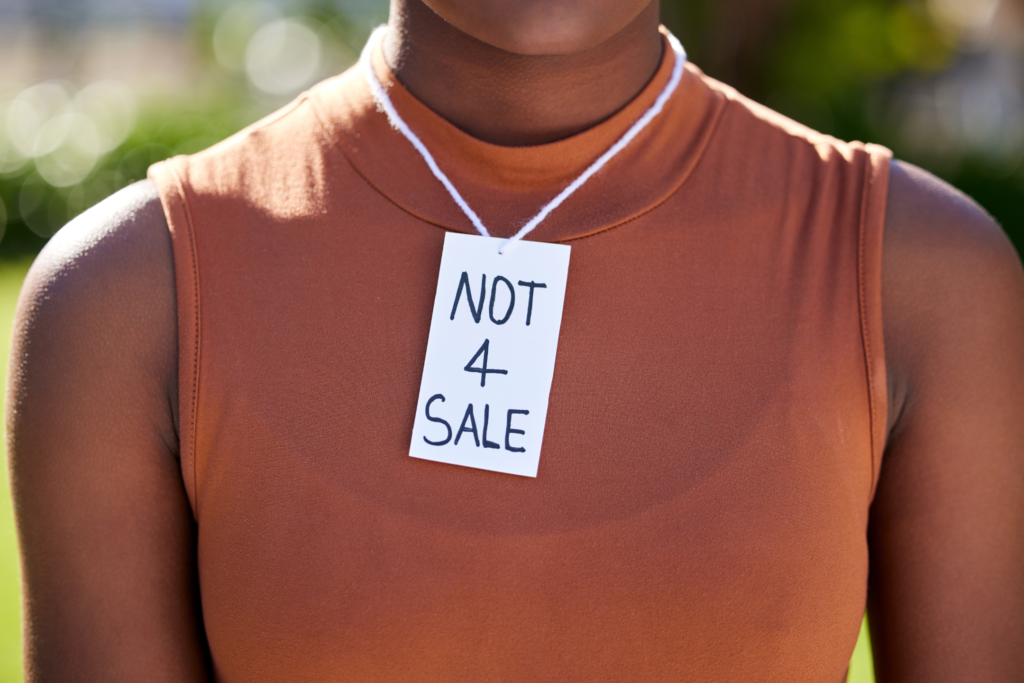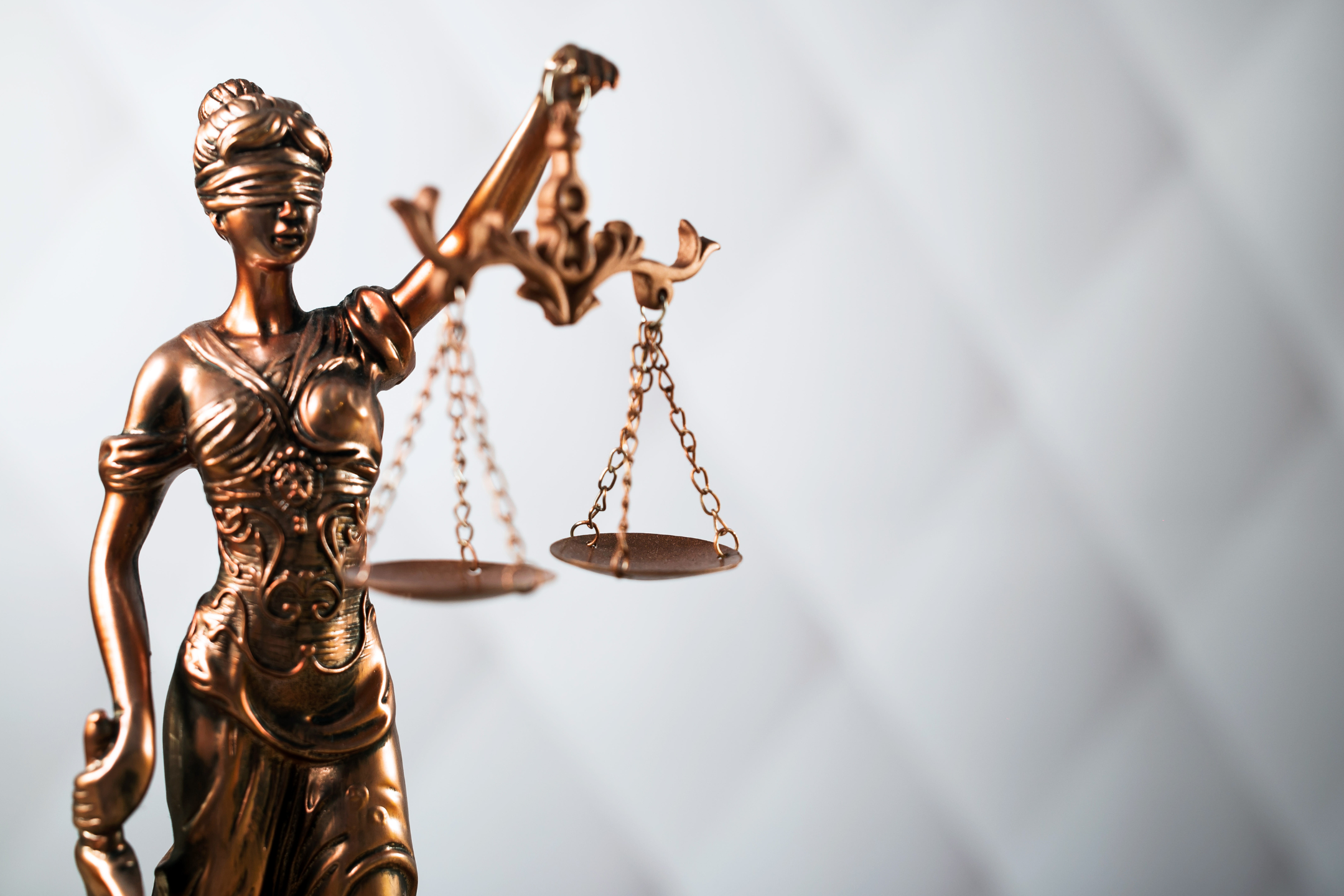Human trafficking is a global issue that affects millions of individuals, transcending national borders and cultural boundaries. Recognized as a severe violation of human rights, includes forced labor, sexual exploitation, and the trafficking of children, among other forms. To combat this pervasive problem, various countries have developed legal frameworks and international laws aimed at prevention, protection, and prosecution. This article provides an overview of the key international instruments and national laws that address human trafficking.
International Legal Frameworks
One of the most significant international agreements addressing human trafficking is the “United Nations Protocol to Prevent, Suppress and Punish Trafficking in Persons, Especially Women and Children”, commonly known as the “Palermo Protocol” (2000). This protocol supplements the United Nations Convention against Transnational Organized Crime and sets out the first globally agreed definition of trafficking in persons. It obligates countries to adopt measures for preventing trafficking, protecting victims, and prosecuting traffickers (UNODC, 2021).
Another important document is the “Council of Europe Convention on Action against Trafficking in Human Beings” (2005), which aims to provide a comprehensive framework for combating trafficking in Europe. It emphasizes the importance of victim-centered approaches, ensuring that victims receive support and assistance (Council of Europe, 2005).
The International Labour Organization (ILO) has also taken significant steps to address human trafficking, especially in relation to forced labor. The ILO’s “Convention No. 29” on Forced Labor (1930) and its updated protocol (2014) highlight the need for member states to take effective measures to eliminate forced labor and protect victims (ILO, 2021).

Regional Efforts
In addition to international frameworks, various regions have developed their initiatives. For example, the African Union (AU) adopted the “African Union Convention for the Protection and Assistance of Internally Displaced Persons in Africa”, known as the Kampala Convention (2009), which emphasizes the protection of vulnerable individuals, including victims of trafficking. The AU also launched the “Continental Framework for the Implementation of Agenda 2063”, which aims to combat human trafficking across the continent (African Union, 2018).
In Asia, the Association of Southeast Asian Nations (ASEAN) has established the “ASEAN Declaration against Human Trafficking” (2015), reinforcing the commitment of member states to combat trafficking through cooperation and mutual legal assistance (ASEAN, 2015).
National Legislation
Countries around the world have implemented specific legislation to combat trafficking. In the United States, the “Trafficking Victims Protection Act (TVPA)” was enacted in 2000 and has undergone multiple reauthorizations. It establishes a comprehensive approach to combat human trafficking, focusing on prevention, protection of victims, and prosecution of offenders (U.S. Department of State, 2022).
In the United Kingdom, the “Modern Slavery Act” (2015) consolidates previous laws on slavery and trafficking, providing a robust framework for the prosecution of offenders and support for victims. It introduced measures such as the provision of “slavery and trafficking risk orders” to help prevent modern slavery offenses (UK Government, 2015).
Australia’s “Modern Slavery Act” (2018) requires businesses with a certain turnover to report on their efforts to assess and address modern slavery in their supply chains, reflecting a growing trend toward corporate responsibility in combating trafficking (Australian Government, 2018).
Conclusion
The fight against human trafficking requires a multifaceted approach that includes international cooperation, regional collaboration, and robust national legislation. While significant progress has been made through international treaties and national laws, challenges remain in implementation and enforcement. It is essential for countries to continue strengthening their legal frameworks, ensuring that they not only comply with international standards but also effectively protect and support victims of this heinous crime.

